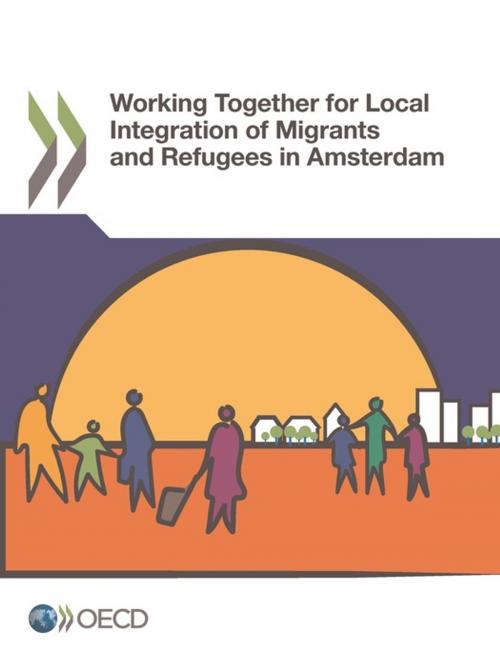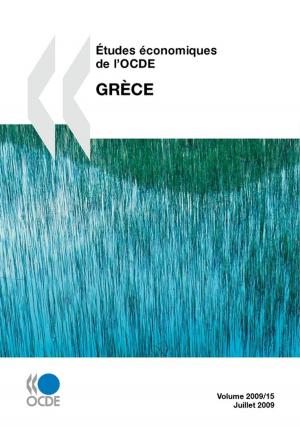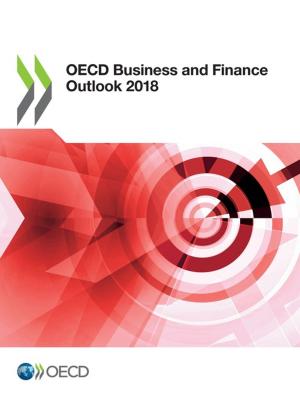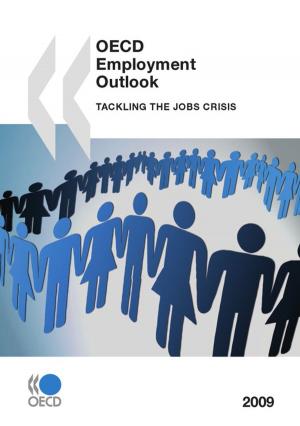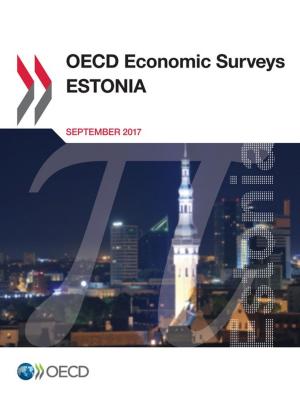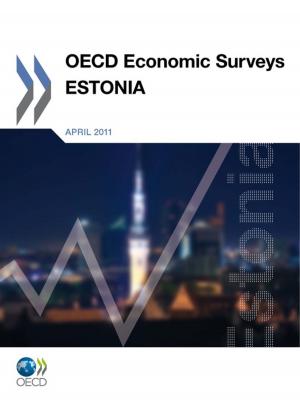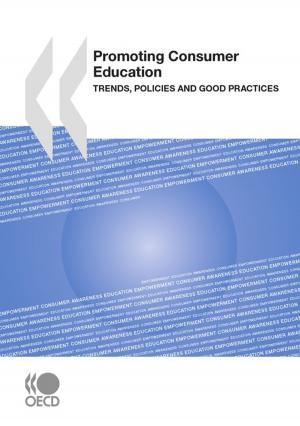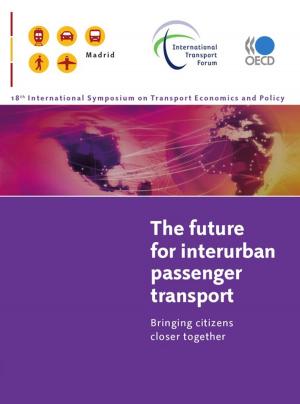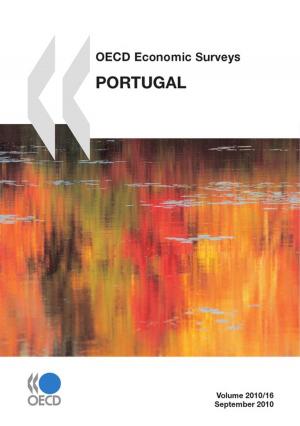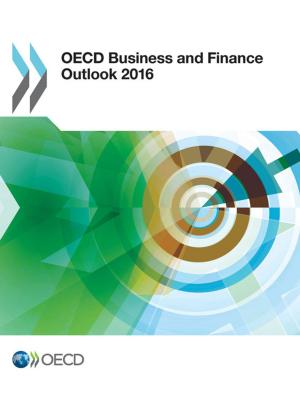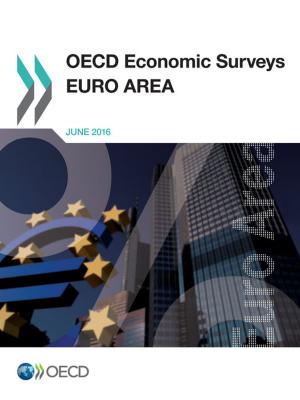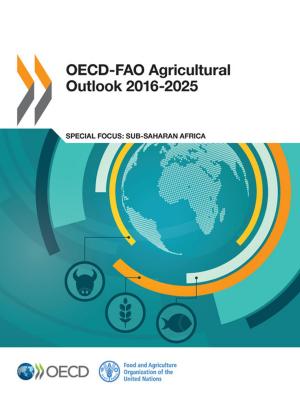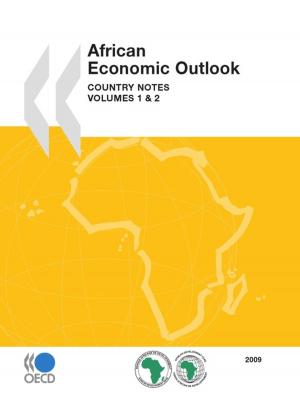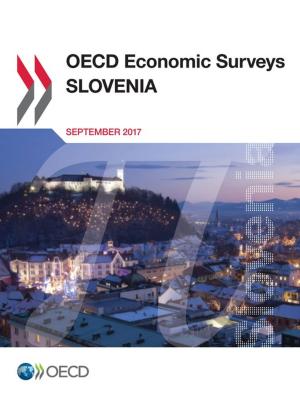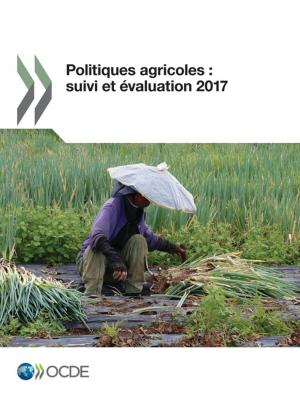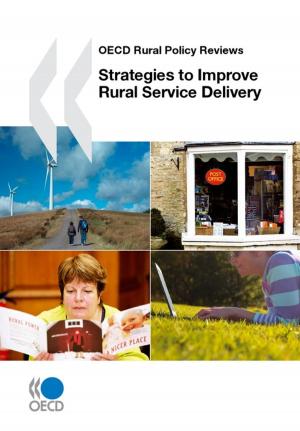Working Together for Local Integration of Migrants and Refugees in Amsterdam
Nonfiction, Social & Cultural Studies, Political Science, Politics, City Planning & Urban Development| Author: | Collectif | ISBN: | 9789264300187 |
| Publisher: | OECD | Publication: | April 18, 2018 |
| Imprint: | OECD | Language: | English |
| Author: | Collectif |
| ISBN: | 9789264300187 |
| Publisher: | OECD |
| Publication: | April 18, 2018 |
| Imprint: | OECD |
| Language: | English |
In Amsterdam, the Netherlands, 51.66% of the population was born outside of the country or has at least one parent born abroad. Amsterdam is proud of its cultural and ethnical diversity and actively works to attract international students and high-skilled migrants. Like many European cities, Amsterdam experienced a peak in refugees and asylum seekers arrivals in 2015 and in response has implemented a holistic integration model, which starts at the moment migrants arrive and supports them for their first three years. Migrants are not considered as a minority group with different needs, but rather as one group among others with specific characteristics (such as women, the elderly, the disabled, LGBT) whose outcomes are monitored to identify potential structural gaps in their access to opportunities and services. This work compiles data and qualitative evidence on how local actions for integration, across a number of sectors, are being designed and implemented by the City of Amsterdam and its partners within a multi-level governance framework.
In Amsterdam, the Netherlands, 51.66% of the population was born outside of the country or has at least one parent born abroad. Amsterdam is proud of its cultural and ethnical diversity and actively works to attract international students and high-skilled migrants. Like many European cities, Amsterdam experienced a peak in refugees and asylum seekers arrivals in 2015 and in response has implemented a holistic integration model, which starts at the moment migrants arrive and supports them for their first three years. Migrants are not considered as a minority group with different needs, but rather as one group among others with specific characteristics (such as women, the elderly, the disabled, LGBT) whose outcomes are monitored to identify potential structural gaps in their access to opportunities and services. This work compiles data and qualitative evidence on how local actions for integration, across a number of sectors, are being designed and implemented by the City of Amsterdam and its partners within a multi-level governance framework.
